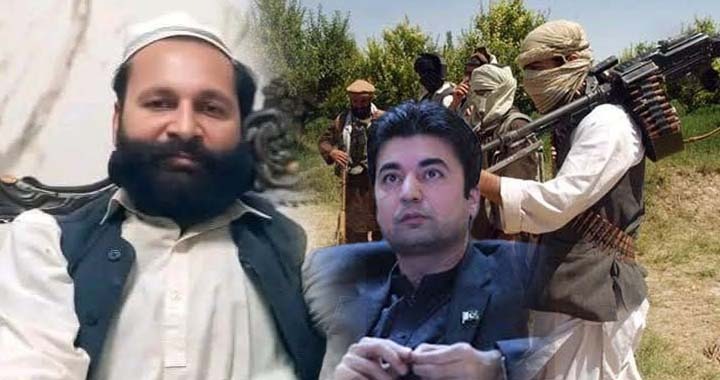The murder of another community peacekeeper in Swat, following the assassination of a senior JUI leader in Charsadda, is a grim reminder that militants—Fitna al-Khawarij—continue to target those who stand for peace. Today (4 November), in Kanju, Tehsil Kabal, Swat, former local peace committee member Miftahuddin Kanju was shot dead by militants. Earlier the same day, respected cleric and senior JUI leader Maulana Abdul Salam was also gunned down in Charsadda.
These are not isolated incidents. History shows that such murderous elements habitually aim at peace-loving citizens and community figures who choose the state and stability over chaos. Those who build peace at the grassroots are now being punished for it.
When silence becomes complicity
What is especially shameful is the deafening silence of certain political figures who profit from polarisation yet fall mute when their constituencies are attacked. Individuals like Murad Saeed, elected from the area, have in the past used inflammatory rhetoric against the state for political gain. Yet when the time comes to condemn the killers of innocent citizens, their voices go silent. That silence is not neutral; it smells of complicity.
There are uncomfortable truths that must be confronted. After the military cleared Swat and returned it to civil administration in 2018, the expectation was a durable peace. Critics point to policy reversals in subsequent years, including decisions that critics say enabled the return of thousands of militants to the region and the release of dangerous detainees from local prisons, as factors that have weakened long-term stability. These are contested claims in the public debate, but the consequences are observable on the ground: communities once hopeful for peace now live under renewed threat.
Political actors who rail against the armed forces at rallies must also reckon with the security vacuum their rhetoric helps create. If one campaigns against the military while ignoring problems in policing, border control and deradicalisation, one cannot then claim moral high ground when those very extremists strike. The choice is stark: stand with the security forces and the people who sacrifice daily to keep us safe, or side with the enemies of order.
We must also ask hard questions about accountability and protection. Community leaders who collaborate with the state to maintain local peace need secure custody arrangements and protection, not political finger-pointing. Lawmakers and opinion-makers must stop using security as a mere campaign line. When public representatives sow doubt about institutions tasked with protecting citizens, they erode trust and make those institutions less effective.
The killers who target peace-builders aim to terrorise whole communities into silence. We cannot let them succeed. Condemnation of these murders should be immediate and universal, not reserved for convenient political moments. Leaders must demonstrate courage: openly denounce the perpetrators, support robust investigations, and ensure protection for those who put themselves between violence and civilians.
Finally, while political blame games flourish, ordinary people continue to pay the price. The safety of our towns and valleys depends on a mature politics that prioritises security and justice over opportunism. Those who exploit grievances for votes must be reminded that there is a cost to their posturing, a cost measured in lives.
If political actors remain silent now, history will record who stood with the state and the victims, and who chose the quiet of convenience. The nation cannot afford either cowardice or hypocrisy. The killers have shown their colours; it is time for the rest of us to show ours.





